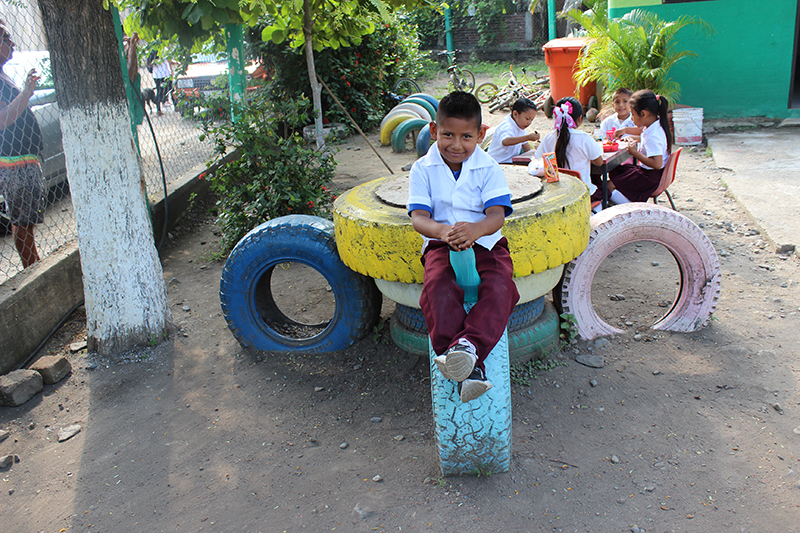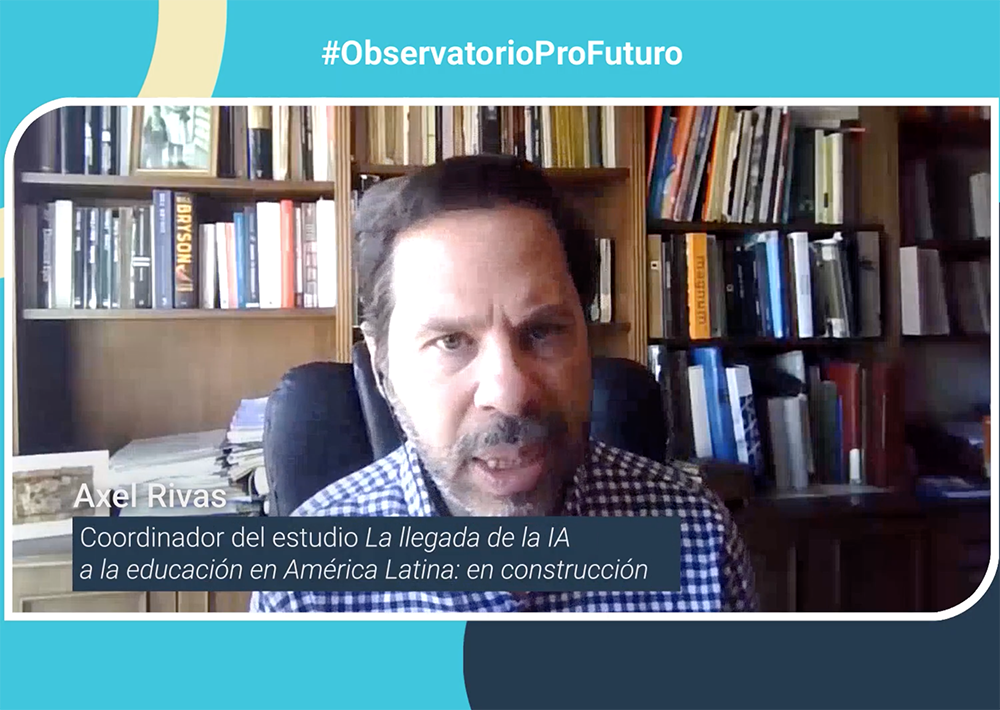According to the WHO, worldwide, one in seven young people aged 10-19 years has a mental disorder, a type of disorder that accounts for 13 per cent of the total morbidity rate in this age group. Depression, anxiety and behavioural disorders are among the leading causes of illness and disability among adolescents, and suicide is the fourth leading cause of death among 15-19-year-olds.
Taking care of emotional well-being and mental health from an early age, according to the data, is of vital importance. And here is where the school, as the first public space for socialisation and learning outside the family, plays an essential role. However, current education systems are too focused on learning certain cognitive aspects and leave aside the socio-emotional learning that allows us to manage our emotions and those of others, and develop skills and competencies as important as self-esteem, empathy, resilience or the growth mindset, among many others.
Equations are important. But it is equally important to work with children on their ability to recognise and manage their emotions and those of others. What is more, poor mental health also directly affects their learning and academic performance. Problems concentrating, bad behaviour, violence and trouble socialising are just some of the most direct and immediate consequences of a poor socio-emotional education.
In this podcast of the Encuentro Sonoro series, from Telefónica Foundation Mexico, three experts in education and emotional management talk about the importance of providing socio-emotional care to teachers, students and families, especially in the wake of the COVID-19 pandemic (with many schools around the world still closed or half-closed), which has had dire consequences for the mental health of many citizens.
Why is it important to talk about socio-emotional care for the whole education community? The essential functions of emotions, according to child psychologist Angélica Buchán, are survival and adaptation. “Today, more than ever, we need to adapt to these changes and to this new lifestyle. This will allow us to manage the situations we are experiencing or those to come in a much healthier way.”
For her part, consultant Irma Pérez Campos speaks of the importance of the education community to have spaces to share and reflect on their emotions because “our learning process will only be effective to the extent that we have this emotional balance and sufficient mental health”.
An essential factor for emotional education to flourish in the educational context is to have well-trained teachers who know how to manage their own emotions and who are prepared to develop students’ skills. “That’s where this little chain begins in the well-being of everyone this back-to-school season,” explains Angélica Buchán.
What’s the matter with families? The podcast also offers some guidelines to help parents validate their children’s social-emotional development.
Training in emotional education is necessary for the whole education community: teachers, students, families and school staff. From the inclusion of training programmes to the creation and communication of networks between teachers and parents.
Perhaps, as in so many other areas, the pandemic is an opportunity for social-emotional education to become more prominent in curricula and syllabuses. Today there are a wide variety of programmes that promote the development of socio-emotional skills at various stages of life. However, as we have already mentioned, given that children and adolescents spend most of their time at school, developing socio-emotional skills in this context is crucial (Mateo and Rucci, 2019). In future posts we will be looking in greater detail at social and emotional learning (SEL), as well as its theoretical frameworks and different forms of implementation.
REFERENCES
Mateo-Berganza, M. and Rucci, G. (2019). El futuro ya está aquí. Habilidades transversales en América Latina y el Caribe en el siglo XXI. BID. Washington D.C.







